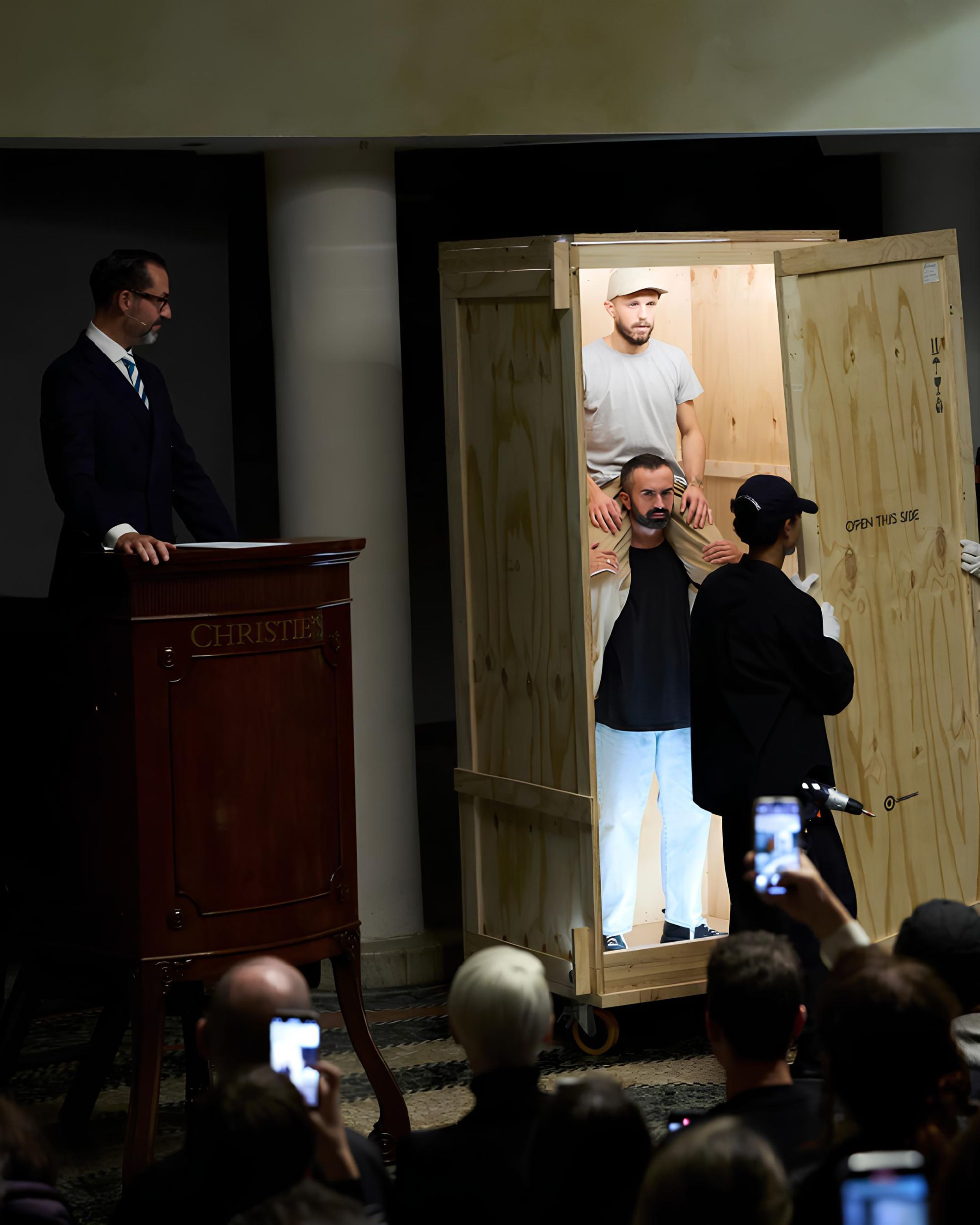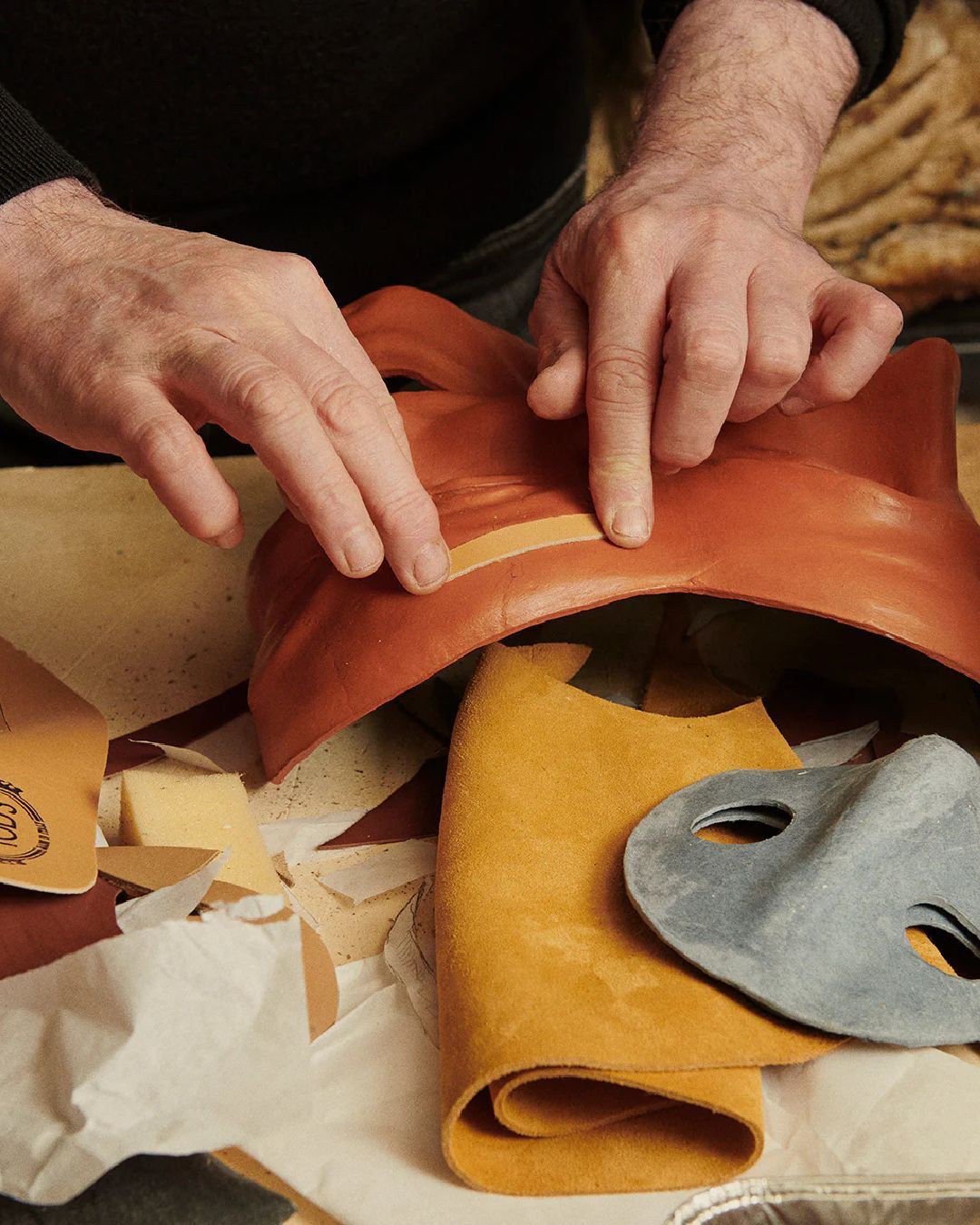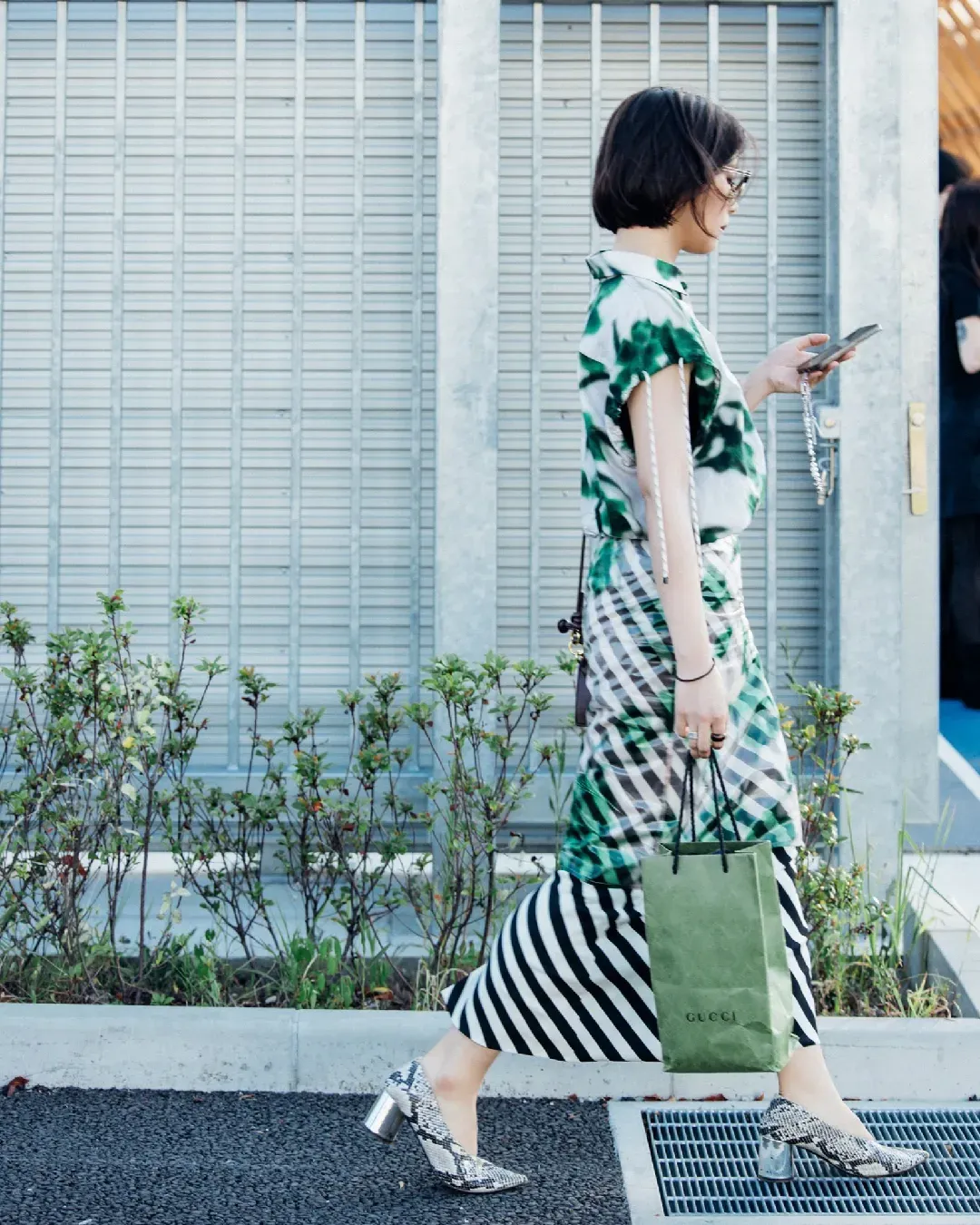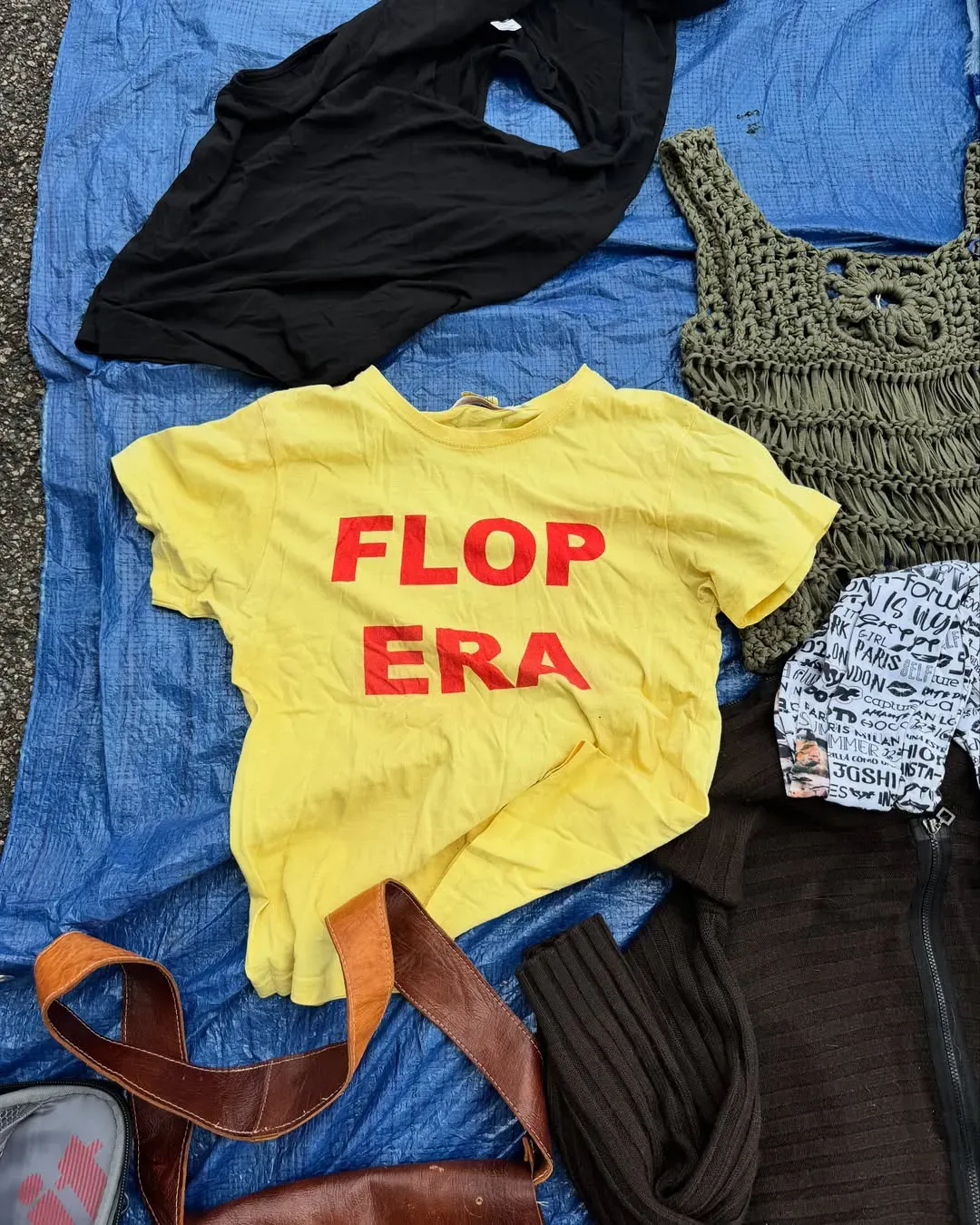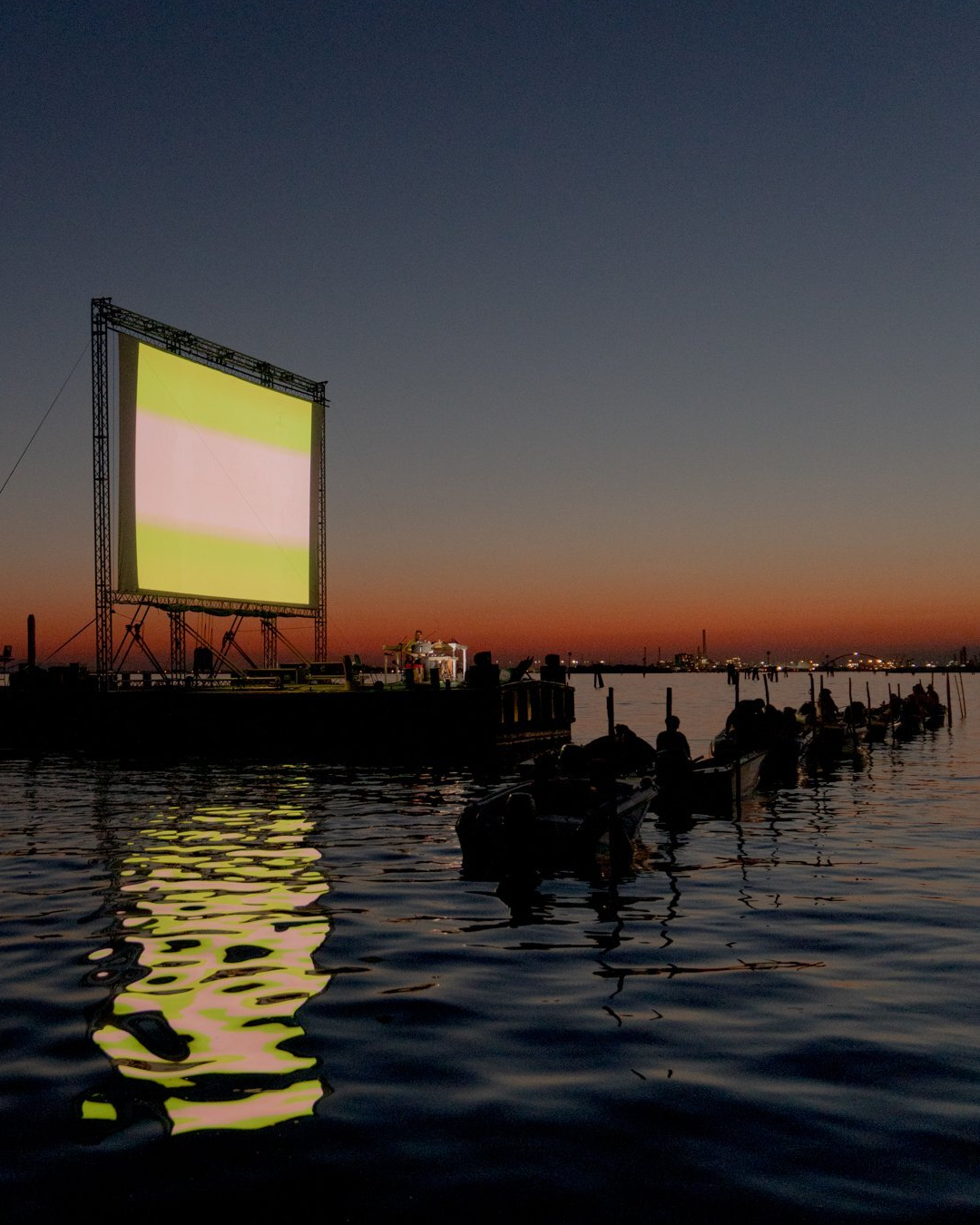
Farewell to Letizia Battaglia, the photographer who told the wars of the Mafia in Palermo His photos remain today the dramatic document of a dark era
Last night the legendary photographer Letizia Battaglia died in Palermo at the age of 85. She was the founder, together with Franco Zecchin, of the Informazione Fotografica agency and documented the Mafia wars in Palermo with her merciless black and white shots. She was the photojournalist who took the pictures of Giulio Andreotti with the Mafia collectors Salvo, she was the first to arrive on the scene of the murder of Piersanti Mattarella, she was always the one to tell, above all, the life of the working-class neighborhoods of Palermo, the women and girls who lived there, their coexistence with death and crime. It was precisely this vivid portrait of her city that made her not only an internationally renowned photographer, but also one of the most courageous voices in the fight against the Mafia.
Her activity as a photojournalist was interrupted in 1992, after the Capaci massacre where Judge Falcone lost his life - the tragic event that made her tire of violence and death once and for all. But in the meantime her activity had expanded and widened: since the '80s she had become the mentor of a new generation of Sicilian reporters, she directed the magazine Mezzocielo, museums and also carried out political activities. Recently, in 2020, the photographer had been the unfair victim of a controversy that had surrounded her shots made for the Pirelli Calendar 2020, considered too allusive and sensual given the young age of its protagonists but in fact today, two years later, they seem neither so incorrect nor so debasing of the image of the city, as many of the detractors said at the time on social media. It was this sad event that pushed Battaglia to leave the direction of the International Center of Photography in Palermo that he had fought so hard to establish.
Today Letizia Battaglia's life remains as an example of courage, creativity, love for her land and fight for her ideals. At a time when no one dared even speak, Battaglia photographed so that the whole world could see. In the midst of moralism, capable of scandalizing the most well-meaning even at eighty years of age, Battaglia created an entire poetics made of tenderness, darkness, blood and innocence. In a world like ours, where photography has become for most a performative exercise in narcissism, Battaglia reminds us of the true capacity of art - that of confronting society with its darkest face.






























































